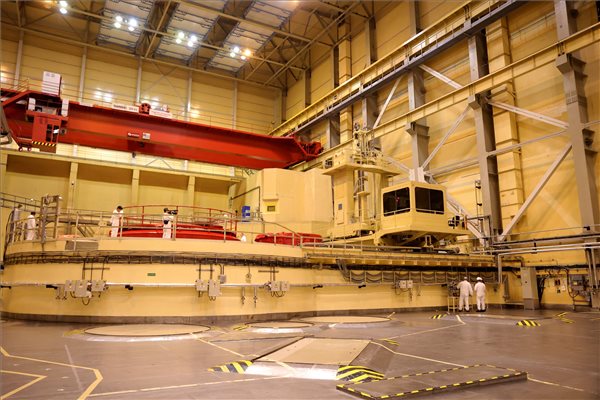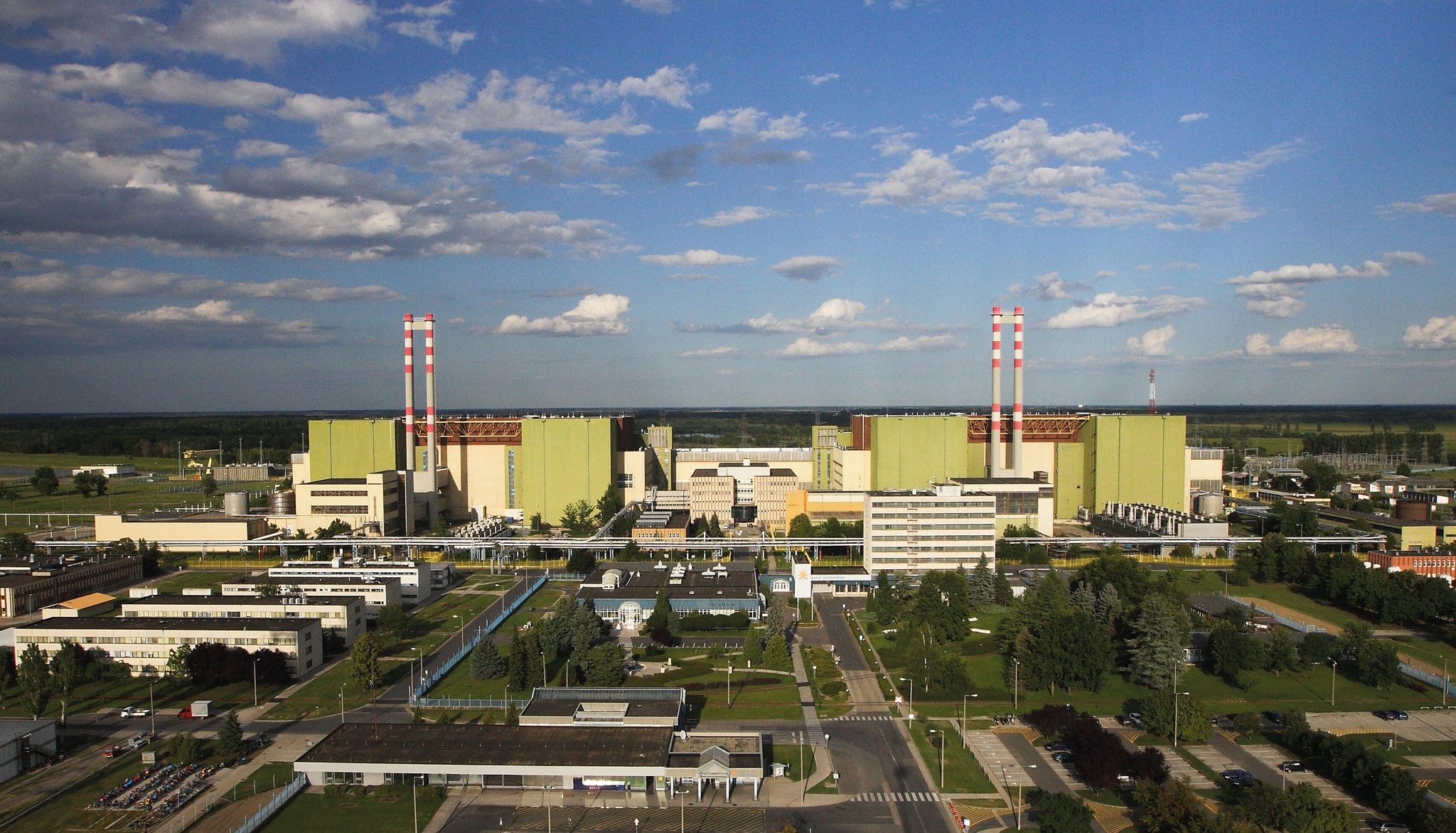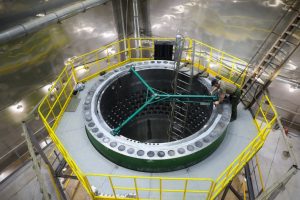
The four units of the Paks nuclear power plant started operating between 1982 and 1987.Continue reading

It is neither worthwhile nor safe to replace the fresh Russian nuclear fuel used in the VVER-440 reactors of the Paks nuclear power plant overnight, according to an expert. In addition, thanks to Russian technological development, the need to change fuel is less frequent and more electricity can be produced, explained the engineer in an interview with Magyar Nemzet.
An often asked question is whether the fresh Russian nuclear fuel used in the VVER-440 reactors at the Paks nuclear power plant can be quickly replaced by fuel from alternative producers. In short, no, because currently none of the Western manufacturers has an officially approved fuel cassette suitable for VVER-440 units, said nuclear energy expert Zsolt Hárfás.
He explained that the reason for this is nuclear safety.
It takes at least five to seven years for a nuclear power plant operator to switch to new nuclear fuel from another manufacturer.
This is the case even if the new fuel has already been developed,” the expert pointed out. This is the time it takes for operational testing, measurements, including the decommissioning of spent fuel and the associated measurements, and the licensing process by the nuclear authority. This process cannot be compared to switching from Russian gas to, for example, US LNG overnight.
Diversification can be an important consideration, but only if, the expert pointed out, an alternative producer can guarantee the same or better quality, not to mention other conditions such as reliability and price, while nuclear safety is paramount. At present, no other manufacturer than the Russian one has licensed fuel that meets these criteria.
Westinghouse has been mentioned as an alternative, but the current Canadian manufacturer is not a professionally based alternative, the expert says. The EU subsidy introduced in connection with the war in Ukraine, is in fact a market-grabbing attempt to squeeze the world’s leading nuclear company, Rosatom, out of the central European nuclear fuel market by not having licensed fuel for VVER-440 units and by having to pay the costs of ongoing development to future buyers.

Photo: Facebook Rosatom
In fact, for the time being, Russia’s Rosatom is also reliable in terms of fresh nuclear fuel deliveries, as it has continued to meet its international obligations and deliveries consistently and on time, despite the Russian-Ukrainian conflict. Everything has also arrived on time at Paks, and the plant has a fresh fuel reserve of around three years instead of two, said the nuclear engineer.
The Russian company is also continuously upgrading the fuel. VVER-440 reactors are now being supplied with new third-generation Russian fuel developed by TVEL, the fuel company of Rosatom.
At Paks, the plant’s units are now producing fuel on a 15-month cycle instead of the previous 12-month cycle, also thanks to the Russian development, the expert pointed out.
He added that the new Russian fuel has improved the physical and thermal-hydraulic properties of the fuel, increasing efficiency by providing more power and extending the fuel cycle to 16 months, meaning fewer shutdowns for refueling. Furthermore, plants using the new generation rods will be able to produce 2 TWh more electricity per year, which is no small amount and is certainly in favor of the Russian manufacturer’s fuel, the nuclear expert explained.
Featured Photo: Facebook/MVM Paksi Atomerőmű Zrt.